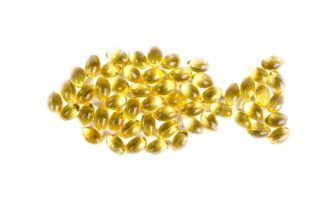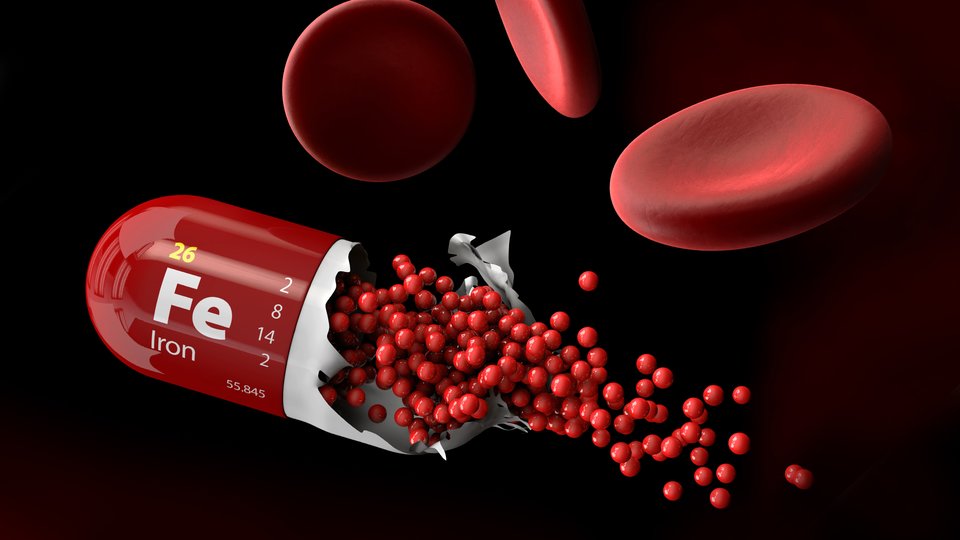In the quest for untapped fitness potential, one compound has been gaining significant traction in endurance circles—Beta-Alanine. With a surge in scientific studies and an increasing focus on supplement qualities for endurance athletes, Beta-Alanine has cemented its place as a staple in many athletic regimens. For the uninitiated, Beta-Alanine’s rise may be cloaked in mystery, but this rise is underpinned by solid evidence and touted by those who it has propelled to greater athletic heights.
Unveiling Beta-Alanine’s Potential
Endurance is the backbone of many a sports feat—be it a marathon, a cycling tour, or the tenacity required in team sports. At its core, endurance is the capacity to withstand prolonged stress, be it mental or physical, and remain functional. It is this quintessential element that Beta-Alanine enhances, offering athletes the ability to push through fatigue for an extended period.
Beta-Alanine is a non-essential amino acid, meaning it’s a building block of protein and naturally present in many foods in the typical diet, such as poultry and fish. But what makes it stand apart is its entry into the carnosine production cycle. Carnosine, found primarily in muscle, is a buffer against lactic acid build-up, which is a major contributor to that burning sensation and fatigue you feel at the end of a grueling set.

The Beta-Alanine Breakdown
When ingested, Beta-Alanine combines with another amino acid, histidine, to form carnosine. The result is a muscle that is better equipped to maintain its pH levels, delay fatigue, and potentially improve performance during high-intensity, short-duration activities like sprinting or powerlifting. It’s the longer events, however, such as triathlons or endurance runs, where the delayed onset of fatigue that Beta-Alanine offers becomes a game-changer.
The Strategic Science of Delayed Fatigue
Imagine a marathon runner on the last leg of their run, where every step is a skirmish against a rising tide of bodily protest. Beta-Alanine could be the ally that turns the tide. The science is compelling—a potent course of Beta-Alanine can increase intramuscular carnosine by as much as 60% in just 4 weeks.
Beta-Alanine in the Field and on the Paper
It’s not just anecdotal evidence that sings Beta-Alanine’s praise. Double-blind, placebo-controlled studies have shown its efficacy in various endurance sports. Cyclists, rowers, and football players have all displayed improved performance and delayed muscle fatigue.
A Test of Supplements
In the supplement realm, Beta-Alanine showcases its colours as an ally to caffeine or creatine, often teaming up to form a trifecta of pre-workout endurance enhancement.
The Right Dosage and Time
The key to unlocking Beta-Alanine’s full potential is not just in taking it, but in how and when. Experts suggest that taking 3.2 grams per day, for at least two weeks, and up to a month, prior to competition is the sweet spot for improvement. The timing of ingestion is also crucial, with a spread-out approach, known as ‘stacking’, potentially maximizing the benefits.
The ‘Stack’ Advantage
Stacking involves dividing your daily dose into smaller, more frequent servings, hence ensuring a steady carnosine boost throughout the day. For example, a supplement dosed 1.6 grams, twice daily, can see significant benefits.
Incorporating Beta-Alanine into Your World
Adding Beta-Alanine to your fitness arsenal is more than just popping capsules; it’s about assimilating it into a broader approach to your wellbeing. Whether training for a marathon or your first 5K, here’s how to smartly introduce Beta-Alanine into the fray:
Periodization and the Power of Planning
Plan your Beta-Alanine ‘loading’ phase during lower-intensity training weeks, which can help mitigate the potential side effect of temporary paresthesia—a tingling sensation that some people experience.
The Furniture of Fitness—Understanding Interaction
Beta-Alanine does not stand alone in space; it shares the workout room with other key players such as hydration, nutrition, and rest. Ensuring these are in alignment with your supplementation can augment the benefits of Beta-Alanine.

The Balance of Benefits with the Burden of Precautions
Like any supplement, Beta-Alanine is not without its warnings. High doses or stacking without understanding one’s limits can open the door to side effects like the aforementioned paresthesia. Consulting a healthcare professional and adhering to recommended dosages is paramount.
The Conundrum of Champions and Consumers
Elite athletes seek any edge, legal within sporting regulations, to elevate their game. For enthusiasts, the balance is often between the will to push limits and the practicalities of our fitness journeys. Beta-Alanine, however, seems to bridge this gap, offering benefits backed by science and accessible to all levels of enthusiasts.
The Echo of Endurance
As we conclude this deep-dive into Beta-Alanine, it’s evident that the allure of this amino acid is more than just hot air. Science has given us a treasure trove of possibilities—of marathons conquered, of transformations unseen on the track or the trail. The echo of endurance is a song that we all have the power to sing, with the right tune of nutrition, training, and now, supplementation.
In your own quest for endurance, consider adding Beta-Alanine to your notes as a high note in the symphony of fitness. A supplement not just for the professionals but for anyone in pursuit of their personal limit—because after all, the name of the game, in the end, is endurance, and with Beta-Alanine, the pursuit just got a lot more promising.













